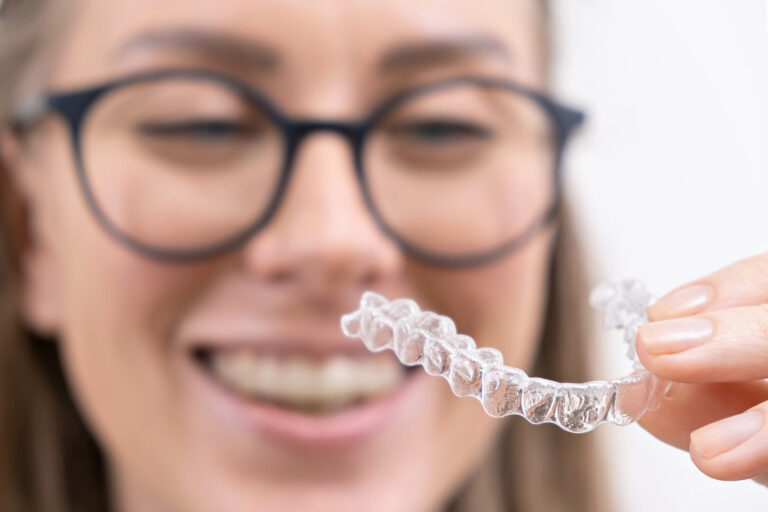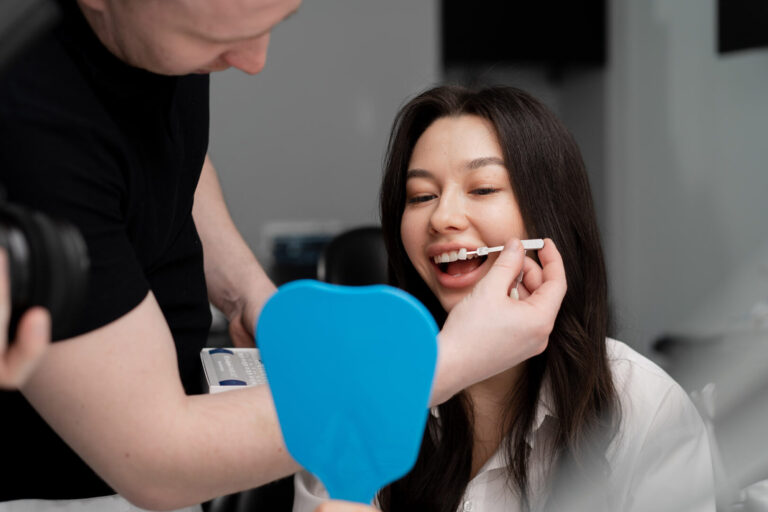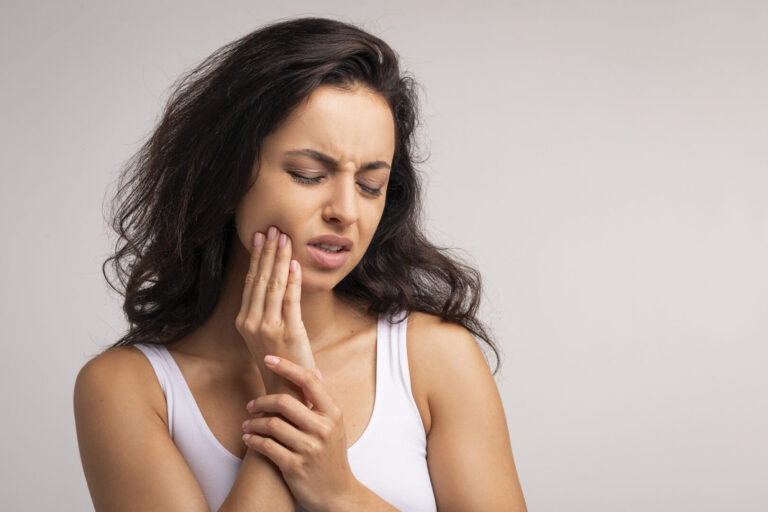Did you know that hormonal changes during menopause can significantly impact oral health?
As women transition into menopause, typically in their 40s and 50s, they experience a cessation of the menstrual cycle, along with well-known symptoms like ‘hot flashes’. However, menopause also has a less visible but profound impact on dental health.
Recent studies highlight how declining oestrogen levels, which directly influence oral tissues abundant with oestrogen receptors, can lead to an increased risk of severe gum disease, dry mouth, and burning sensations. These oral health changes during menopause are not merely discomforting; they represent significant health concerns.
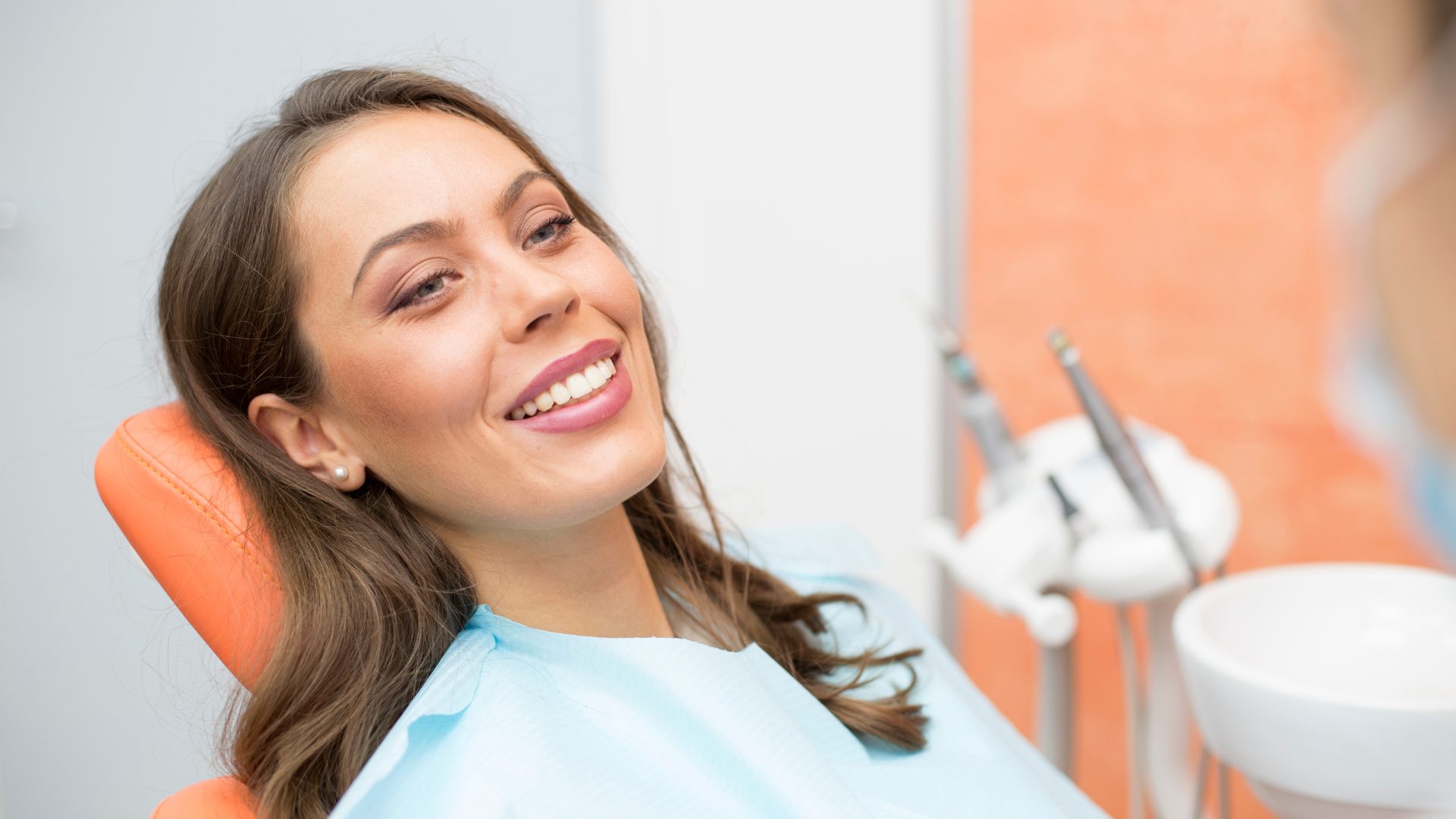
Exploring the effects of menopause on oral health further emphasises the importance of a consistent dental care routine and regular check-ups for women undergoing menopause.
Oral Health Conditions Associated with Menopause
Hormonal changes during menopause significantly affect oral health. The decline in oestrogen leads to symptoms like dry mouth, altered taste, increased sensitivity to hot and cold, and greater risk for bone loss.
The decline in oestrogen during menopause significantly impacts oral health through various mechanisms. As oestrogen levels decrease, there is a noted change in saliva production and consistency. Saliva acts as the mouth’s main protector, aiding digestion, washing away food particles, neutralising bacterial growth and helping to prevent tooth decay.
Reduced saliva production during menopause can lead to chronic dry mouth, altering how things taste, increasing teeth sensitivity to temperature changes, and raising the risk for cavities, gum disease, and bad breath.
Menopause also affects bone growth and density due to the decline in oestrogen levels, which impedes the body’s ability to grow or repair bones at the same rate. This can lead to bone loss in the jaw, significantly within the first five years of menopause, increasing the risk of fractures and osteoporosis. This bone loss in the jawbone, which supports the teeth, potentially leads to tooth loss due to decreased bone mineral density (BMD) in the jaw.

Furthermore, the decline in oestrogen can weaken the ligaments, including those that anchor the teeth in their sockets, leading to teeth shifting or “drifting” out of alignment. Misaligned teeth can cause issues with biting down, excessive pressure on fewer teeth, and can lead to teeth grinding, jaw pain and headaches.
The change in hormones can also have serious effects on women’s moods, sometimes resulting in heightened mental health concerns, with a downstream effect of dietary habits, hydration and dental care routines.
To manage these changes, it’s important to maintain good oral hygiene, keep up with regular dental check-ups, and discuss any symptoms with your dentist. These steps can help mitigate the impacts of menopause on oral health.
Treatment for Menopausal Gingivostomatitis
Menopausal gingivostomatitis is an oral condition that occurs during menopause and is characterised by inflammation of the gums and mouth lining. This happens due to hormonal changes, especially decreased oestrogen levels, leading to symptoms like gum redness, a burning sensation, and altered taste.
Menopausal gingivostomatitis management involves holistic lifestyle adjustments, comprehensive oral hygiene practices, tailored medical interventions and regular dental check-ups. Lifestyle modifications like a nutrient-rich diet, adequate hydration, stress management, and regular exercise play a crucial role.
Routine dental visits for professional care and personalised guidance on oral health are essential components of oral health care during menopause.
Managing Menopause-Related Oral Health Issues
Daily oral hygiene is especially important for menopausal women, as they are at greater risk of developing oral health issues. For example, xerostomia can increase the chances of infection as the saliva becomes less effective at handling food particles left in the mouth and between the teeth. A strict brushing regimen can compensate for the dry mouth, reducing the risk of further complications.
Having routine professional dental care appointments is also important for women undergoing their menopausal transition. Your dentist will be better at spotting potential signs of osteoporosis or periodontal disease, helping with prevention rather than treatment. These are issues that will be hard to notice on your own, though there are symptoms such as discomfort or pain. A dentist can help manage these symptoms and help you better your routine for stronger oral health
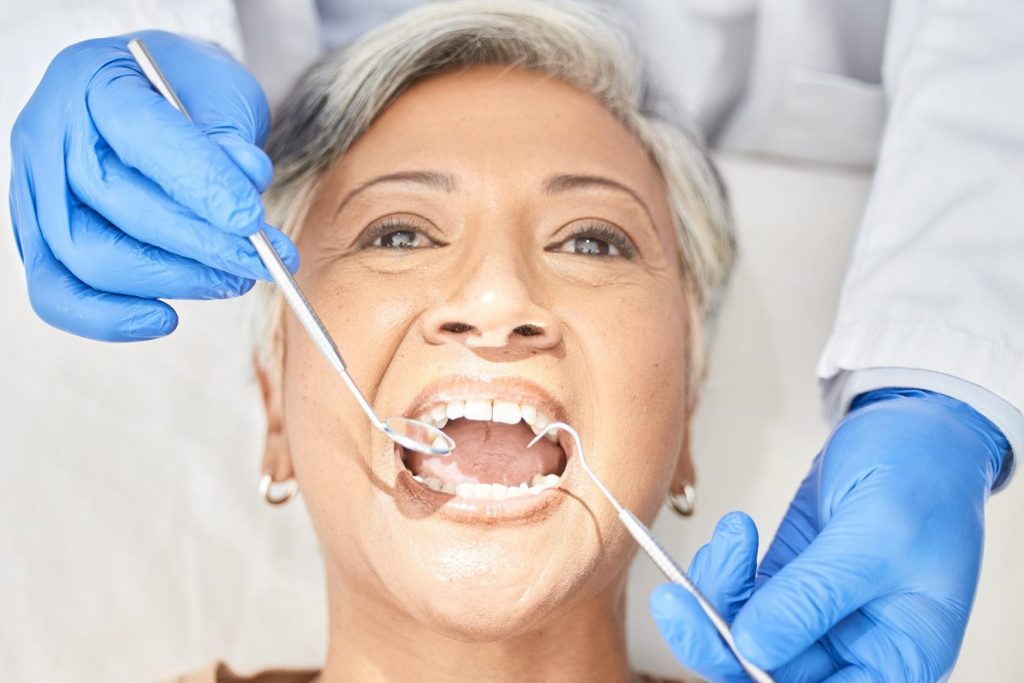
Hormone Replacement Therapy (HRT) is also an option for women, especially if the lower levels of oestrogen and progesterone are affecting their daily lives and health. It can help alleviate some menopausal symptoms, and for that same reason, it may also benefit oral health by restoring hormonal balance.
However, it isn’t all pluses. Some women experience gum inflammation, tooth sensitivity, or oral lesions when they undergo HRT. It’s important to speak with your dentist if you’re considering exploring HRT to understand the potential risks and benefits for your oral health better.
Lifestyle and Nutritional Considerations
One thing you can do to protect your oral health during your menopausal transition is to consume more foods with calcium and Vitamin D. These nutrients are terrific for your bone and gum health, helping you build natural defences for your oral health. Fatty fish, fish liver oils, dairy, edamame, sardines, and almonds are all easy to incorporate into your diet.
There are also holistic lifestyle adjustments you can make to alleviate menopausal conditions. Regular physical activity will increase your dopamine levels, which can be helpful for people experiencing anxiety or depression resulting from menopause. Stress management techniques can also help with those conditions, which will help your daily satisfaction and have a positive spillover effect on your oral health.
Oral health is extremely important for everyone, especially women during menopause, as their oral health is more likely to fluctuate and change as the body adjusts. The best way to manage the changes in oral health is to maintain a personalised care routine and have regular consultations with your dentist. These two prongs prevent oral health conditions from developing or mitigating existing menopausal symptoms.
Consider making an appointment with our dental team at TEETH @ Tiong Bahru to discuss your oral health concerns and feel supported as you go through this natural transition.




